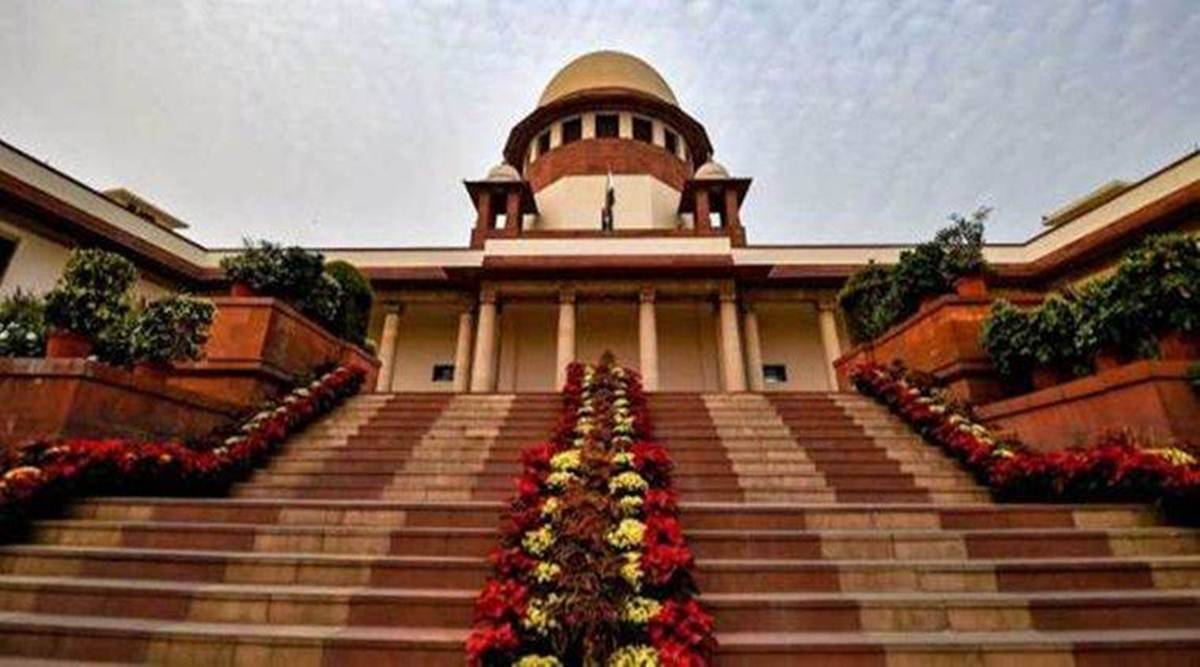Latest News
Case Analysis D.P. Joshi Vs. The State of Madhya Pradesh and ors.

Court: Supreme Court of India
Date of Judgement: 27 Jan. 1955
Bench: 5 Judges – Mukherjee, Bijan Kr. (CJ), Bose, Vivian, Jagannadhadas, B., Aiyyar, T.L. Venkatarama, Sinha, Bhuvneshwar P. )
Facts of the Case:
The Mahatma Gandhi Memorial Medical College in Indore was a private enterprise but was taken over by the Government of Madhya Pradesh later. When the College was taken over by the Government, it brought a rule under which all students, having domicile of MadyaPradesh i.e. were “Bonafide Residents of the state”, were exempted fees that had to be paid to the college and all other students who did not fall under the domicile of the state were charged capitation fees which were Rs. 1300 for nominees and Rs. 1500 for others.
For the sake of this newly implemented law, a person was termed as a “Bonafide Resident” if
(a) a citizen of India whose original domicile is in Madhya Pradesh provided he has not acquired a domicile of any other state.
(b) a citizen of India, whose original domicile is not in Madhya Pradesh, but has acquired a domicile in Madhya Pradesh and has resided in the state for no less than 5 years at the date on which he seeks for a seat in the college.
(c)a person who migrated from The neighbouring country of Pakistan before 30TH of September 1948 and has the interest to reside in the state permanently.
The writ petition was filed, before the Supreme court of the country under Article 32 of the Indian Constitution, against the rule of the Government of Madya Pradesh claiming that the rule violated the right to equality enshrined under the Constitution of India under article 14 and 15.
Issues:
1. Whether The new rule regarding the domicile of the candidate violated or infringed the Fundamental Rights guaranteed by Articles 14 and 15(1) of the Indian Constitution.
Judgement:
After hearing the arguments by both the parties and considering the facts of the case the court consisted of five judges in which Justice(s) Mukherjee, C.J, Bose, Ayyar and Sinha gave assenting judgement and Justice Jagannadhas had the other opinion.
The bench in majority opined that the rule of domicile did not violate any of the Fundamental Rights enshrined under Article 15(1). The court further ruled by majority that “Place of Birth” and “Place of Residence” are two different and distinct things both in facts and law and the imposition of capitation fees was based on “Place of Residence” rather than “Place of birth” and article 15(1) of the Indian Constitution deals with discrimination based on “Place of birth” and it can’t be read as “Place of residence”.
The bench moved ahead and opined that the new domicile rule was also not in violation of Article 14 of the Indian Constitution because the classification was just and reasonable. After all, it was based on a ground which was a primary duty of state i.e. to encourage education within its geographical boundaries.
The only dissenting judgement was given by Justice Jagannadhas, who ruled that though “place of birth” and “place of domicile” were two different things but there is no such thing as a place for a regional domicile in Indian law and under the given circumstances the phrase original domicile in Madhya Pradesh is meant to convey the “Place of Birth” and thus this rule primarily offends Article 15(1) of the Constitution and such distinction can also be not termed as a reasonable differentia under article 14 of the Indian constitution.
Thus by the majority of the bench, the writ petition was dismissed by the supreme court of India and it was held by a majority that the domicile rule of the Madhya Pradesh government was not in violation with the constitutional norms.
Document:



































































































